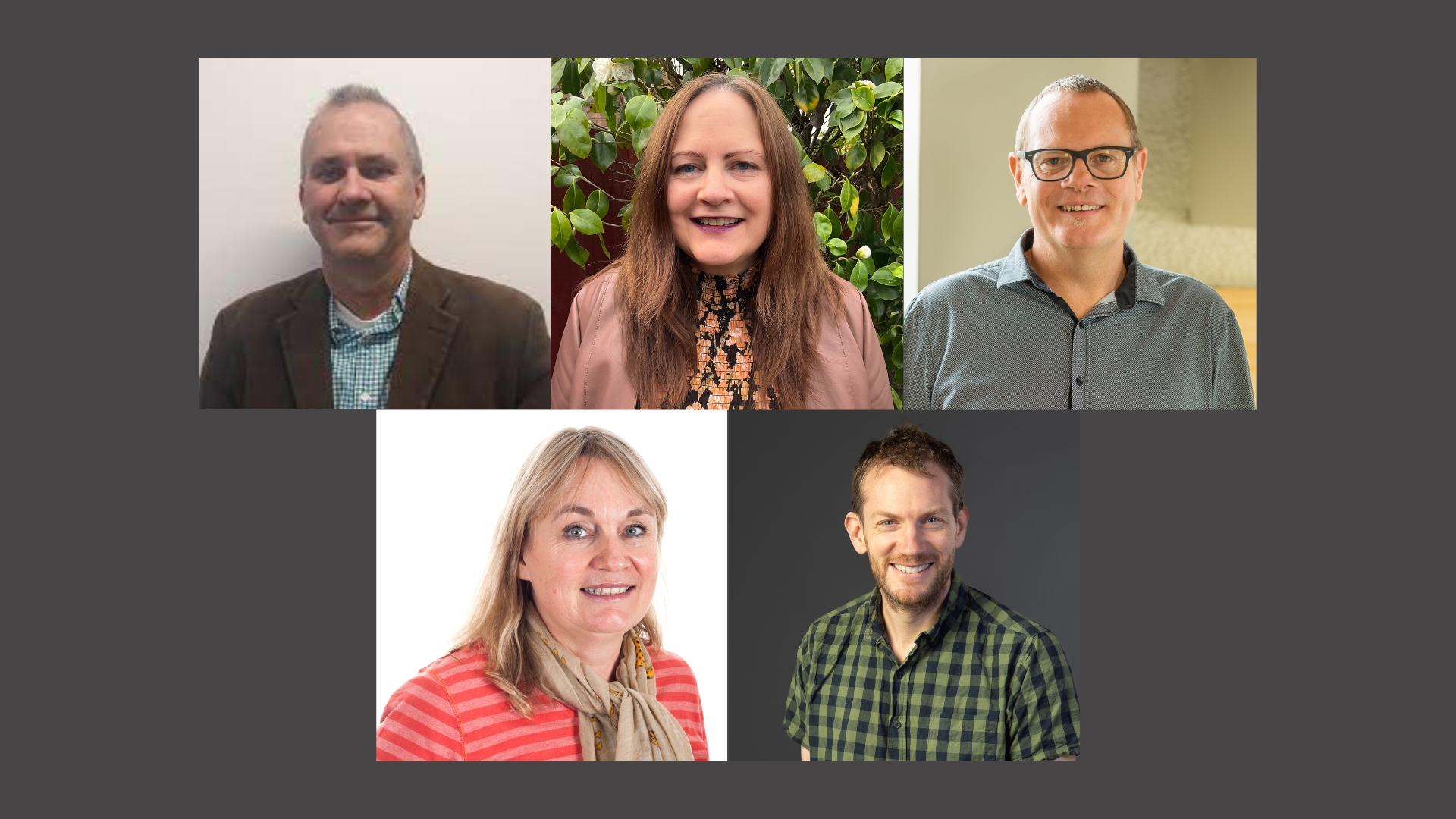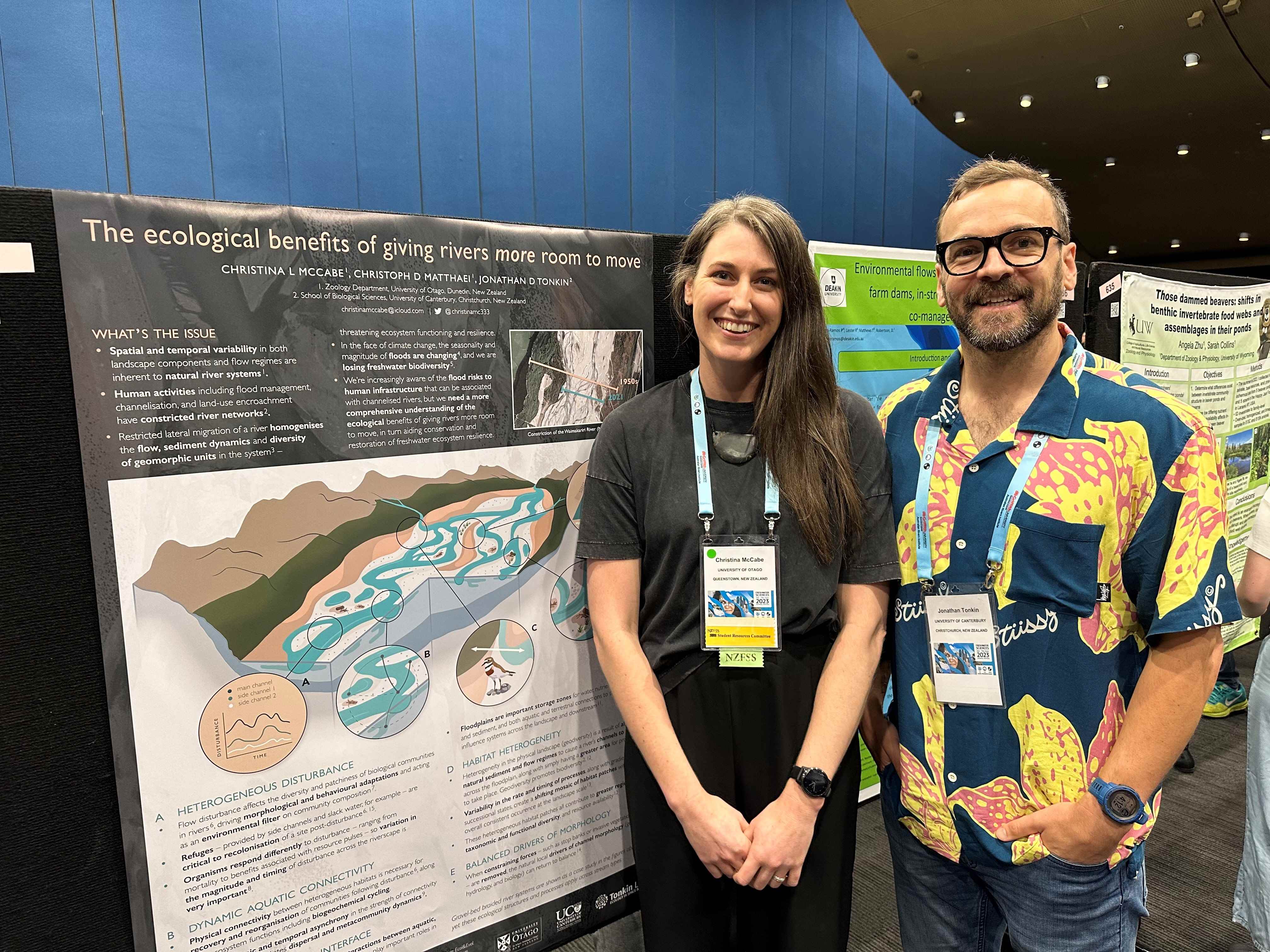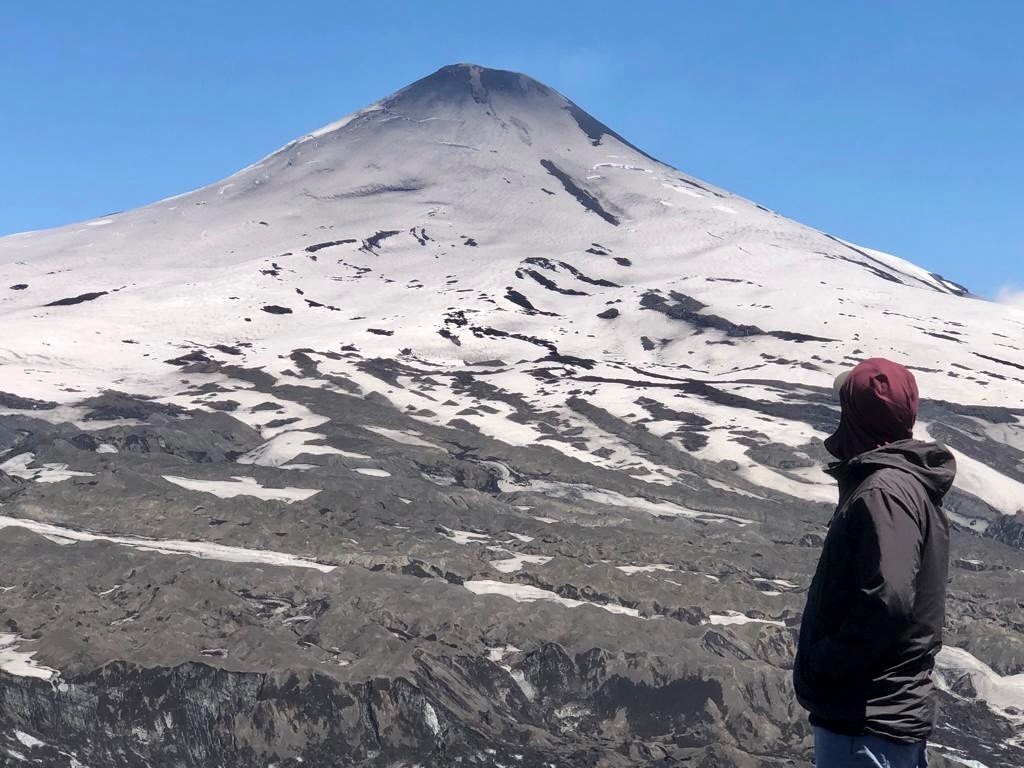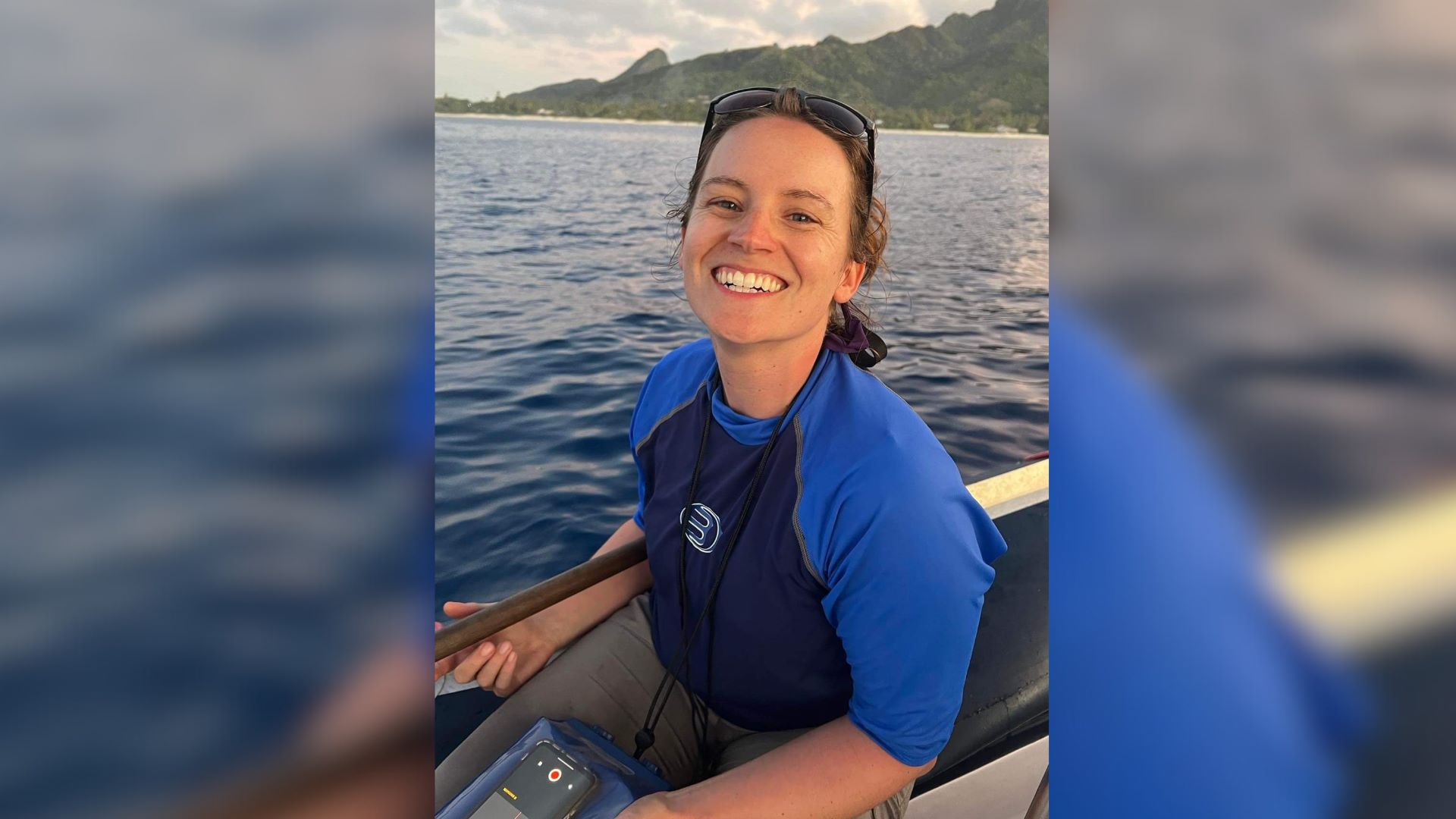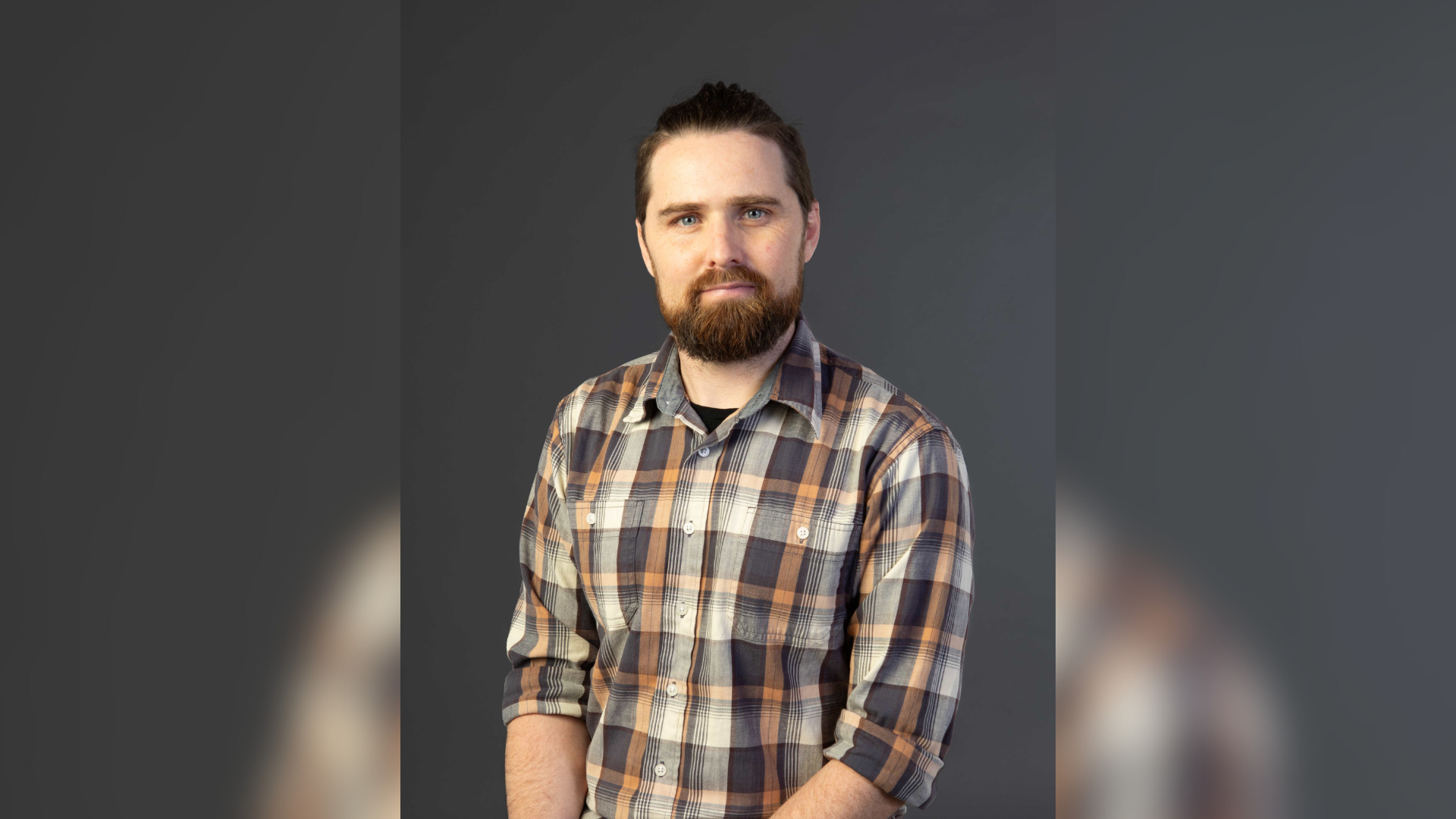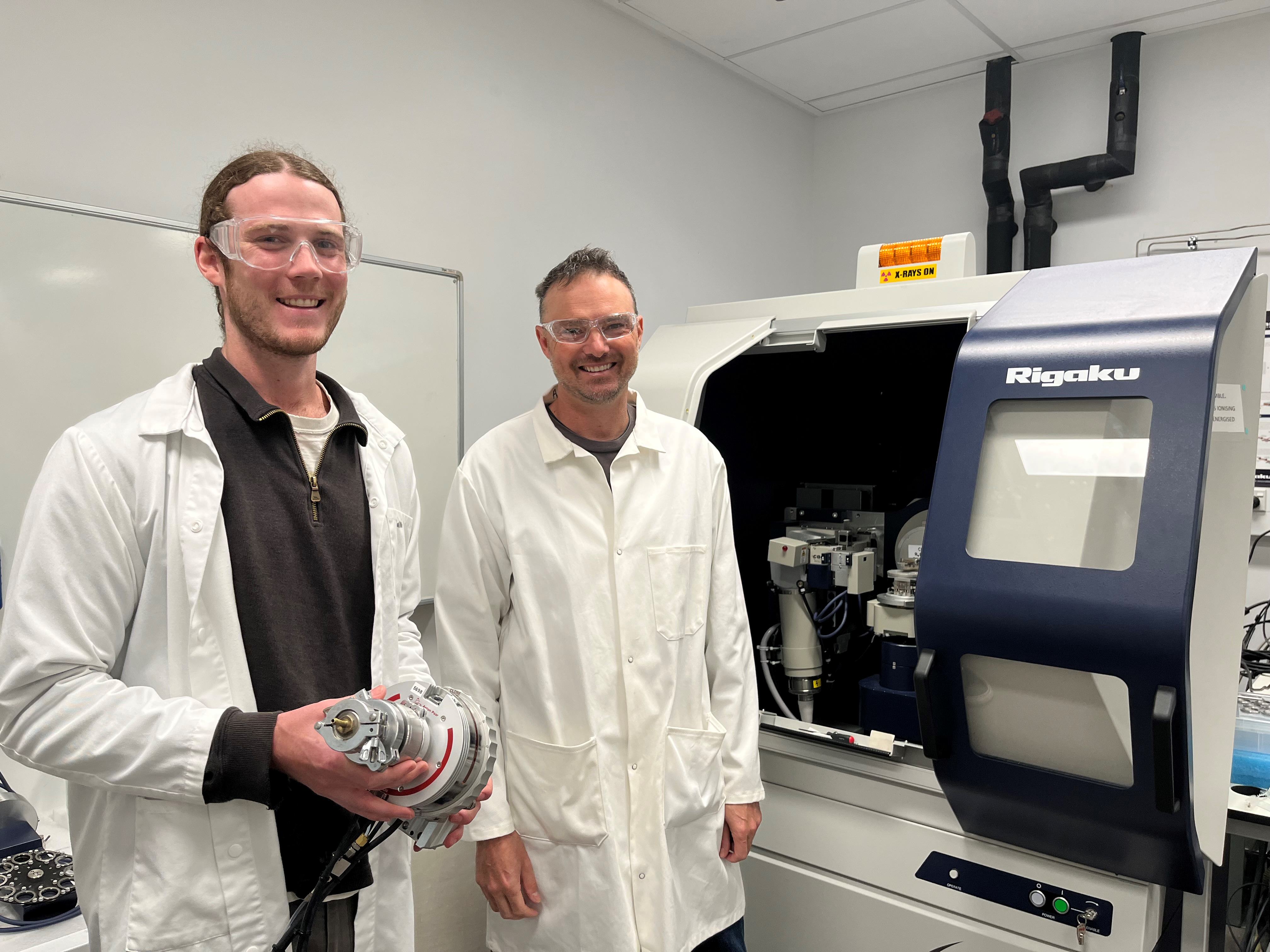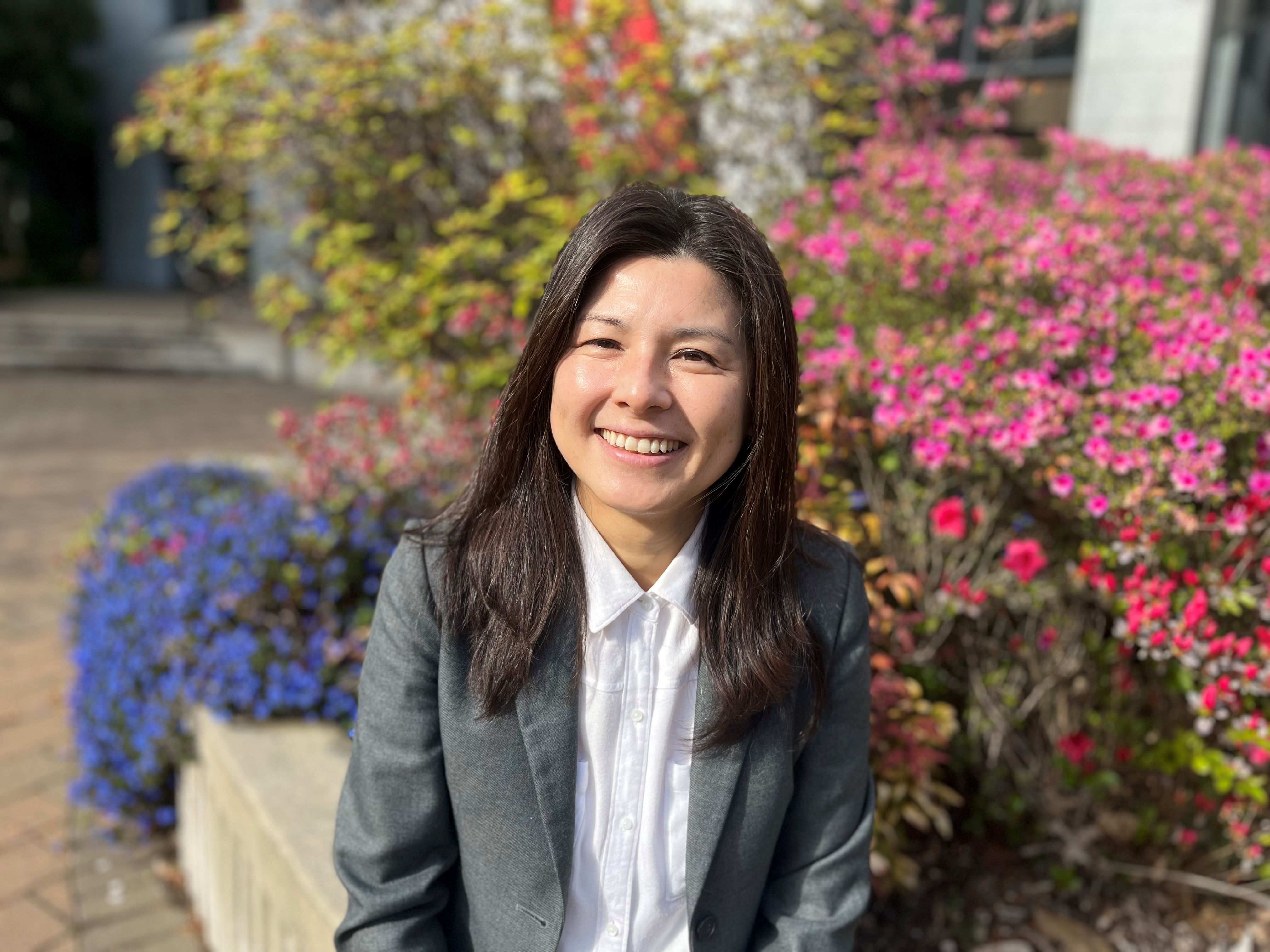PhD student in UC's department of Media and Communications, Bipulendra Adhikari.
Bipulendra Adhikari, who worked as a journalist in Nepal following the deadly 2015 earthquakes there, is now a PhD student in UC’s Department of Media and Communications.
His thesis is focused on disaster communications and how social media networks are used as a source of information.
He says the Covid-19 pandemic has shown how people can quickly become swamped by social media posts that are not based on science or facts.
“My research has found that people find it hard to judge trustworthiness of information when they are exposed to a huge amount at once. The World Health Organisation has called this ‘infodemic’, a situation where it becomes difficult for people to determine what is a reliable and trustworthy source and what is just hearsay or part of conspiracy theories.”
In times of stress people are more vulnerable and less likely to think critically, he says.
“People tend to believe information during the uncertainty of a disaster situation that they wouldn’t under normal circumstances. Their past experiences, existing beliefs and networks of friends both on and off-line also influence their judgements of social media.”
It is very important in these traumatic situations that people are able to get clear, relevant information so they know what they need to do, he says. “Sometimes it can be critical for their own personal safety and wellbeing.”
Adhikari says in the aftermath of the 2010 and 2011 Canterbury earthquakes there was a lack of trust in social media and problems with cell phone networks so people often reverted to traditional media such as television, radio, and friends and family circles for accessing and sharing information.
Despite the differences between Christchurch and Nepal, a densely populated country with more than 26 million people, the communications scenario in the tiny Himalayan nation following the April, 2015 earthquakes which killed nearly 9000 people, was similar.
He says having an immediate response from government agencies in a disaster situation is of vital importance. “Rumours, hoaxes and conspiracy theories can fill the void if the government response is delayed.”
Governments also need to revise their strategies to accommodate the growing influence of social media.
“The best way to do this is with a ‘one-window’ approach where detailed information is provided from a single source, such as a regular press briefing where officials provide clear and accurate information that can also be shared on social media.
“The regular briefings by the New Zealand Prime Minister and Director General of Health followed by Facebook Lives to address public concerns could be viewed as effective communication in the context of the Covid-19 response.”
However, he found that in Nepal the level of trust in the government dipped as time passed after the quakes. “With the passage of time, people become more judgmental even in the government information as they have access to information from alternative sources, mostly through the media.”
Adhikari interviewed some of the millions of residents affected by the earthquakes in 2015 while he was working in Kathmandu for Republica, an English-language daily newspaper.
He recently submitted his PhD and hopes to find work in a field where he can help develop policies and plans for managing disasters. “I believe the impact of disaster can be minimised if people have access to effective communication in a timely manner. A good understanding of the social and economic effects of disaster is also helpful when formulating policies.”


